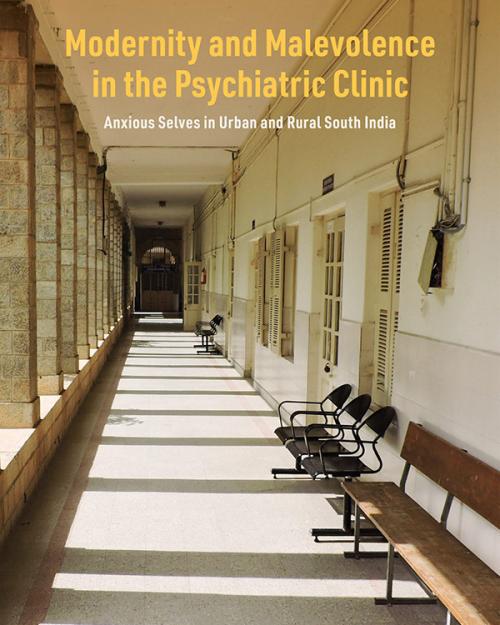In this historical moment, it is necessary to re-evaluate how humans are part of ecologies, both materially and discursively. “Political ecology” has often been synonymous with Marxian approaches to social theory around resource use, informing critiques of land use change and resource exploitation. However, as I've argued in my public scholarship and elsewhere, the newly minted “Anthropocene” requires the integration of conceptual tools for understanding human wellbeing and suffering—which I draw from medical anthropology and science studies—and also for understanding how other-than-human ecologies become tangled up with the human—which I build from political ecology and environmental humanities. My ongoing research develops a mode of material and social theory for the Anthropocene, expanding on existing tools to address worldly suffering, politics, and care.
In my latest project, “Ecological Bodies: North American Practices of Care in a Changing Climate,” I explore herbalists’ efforts to envision new forms of care—with and for both plants and people—and the ethics they entail. My long-term ethnographic fieldwork with herbalists in New England attended to the ways that herbal medicine practitioners develop and implement practices to sustain individual bodies, communities, plants and landscapes. I am informed by herbalists’ work with medicinal plants as active beings capable of assisting in human healing, and by the ways that care becomes a pervasive ethic that helps to inform herbalists’ quotidian work in the world. Herbalists in this community have developed a critical political ecological analysis in conversation with which they offer herbal remedies to clients and kin who suffer. My current research tells the story of herbalists’ care across species through conversation with herbal teachers and students, in the herb gardens and the forests, and in the clinic itself. I argue that care is essential to thinking through how herbalists are engaged, assembling together the complexities of human-plant-ecology relationships in herbalism. In the context of an epoch now officially named “Anthropocene,” I examine the ways that care as ethic and practice are articulated, and consider what the stakes of such cross-species caring may be for public health, political life, and bodily survival.
- Charis Boke is a doctoral student in the Department of at Cornell University. She received her Bachelors' degree in English with a focus on Creative Writing from Mills College in Oakland, California. She went on to conduct extensive fieldwork in Nepal under the auspices of a Fulbright grant, and she compiled the results of that research during her time at the University of Chicago, where she earned her Masters' degree. Originally from Vermont, Charis is now completing her dissertation based on her research with herbalists in her home state. That research dwells at the intersection of environmental anthropology, medical anthropology, and political ecology. As an engaged scholar and teacher, she focuses critical attention on the intersections of ecologies and cultures, with particular emphasis on health, environmental, class, and racial justice in the United States.





